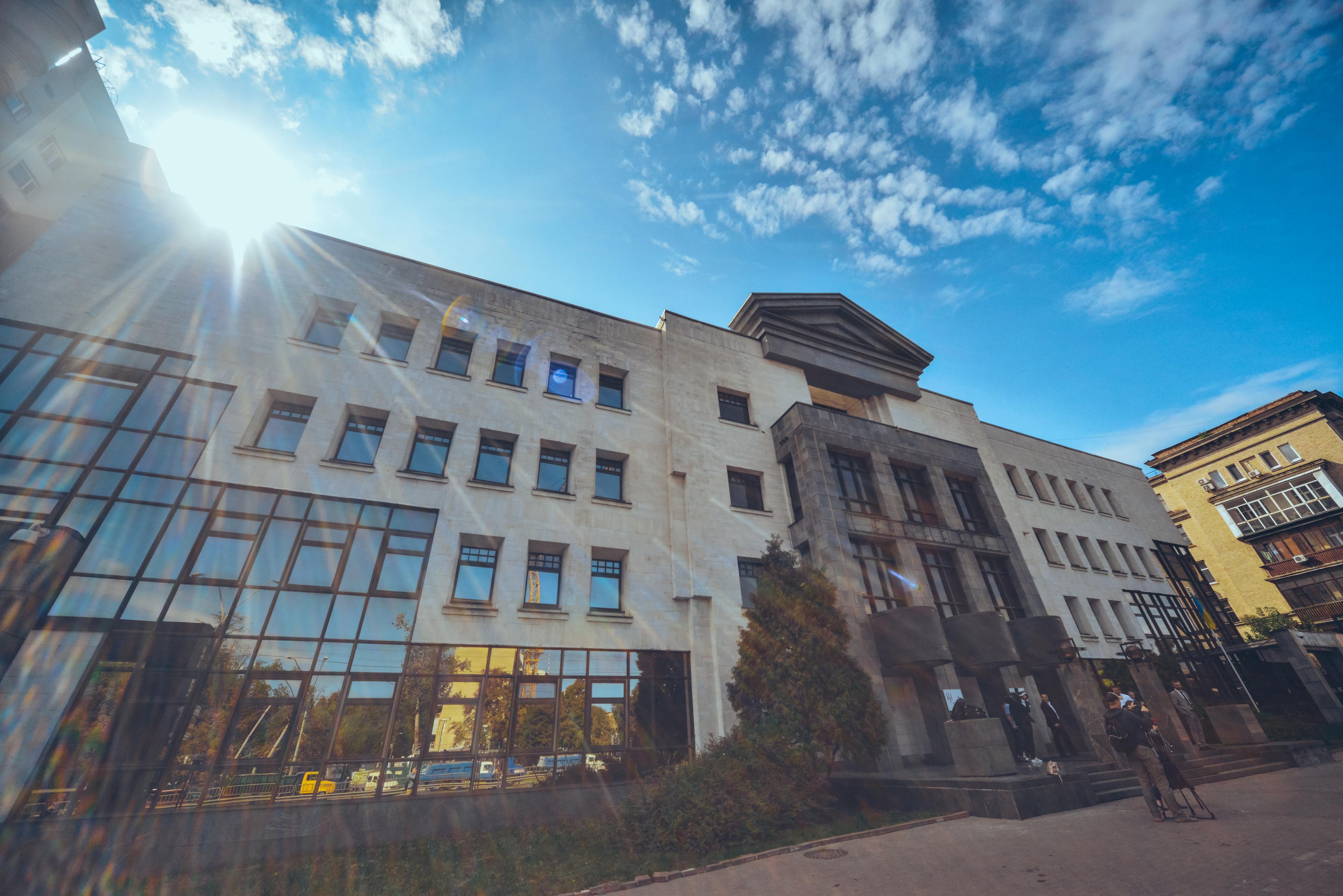
Credit: Sasha Maksymenko
This case study provides insights into the efforts made to strengthen the judiciary's independence and transparency, the financial and political support received from international donors, and the need for additional safeguards to ensure the success of such reforms. It highlights the importance of public trust and the role of civil society in the reform process.
Acknowledgments
U4 would like to thank Vera Devine for the earlier case study on judicial reform in Ukraine, and Olha Nikolaieva, Victoria Jennett, and the Institute of Legislative Ideas for their contributions and comments on the update. We also thank the team at Walkgrove for their great work on the infographics.


